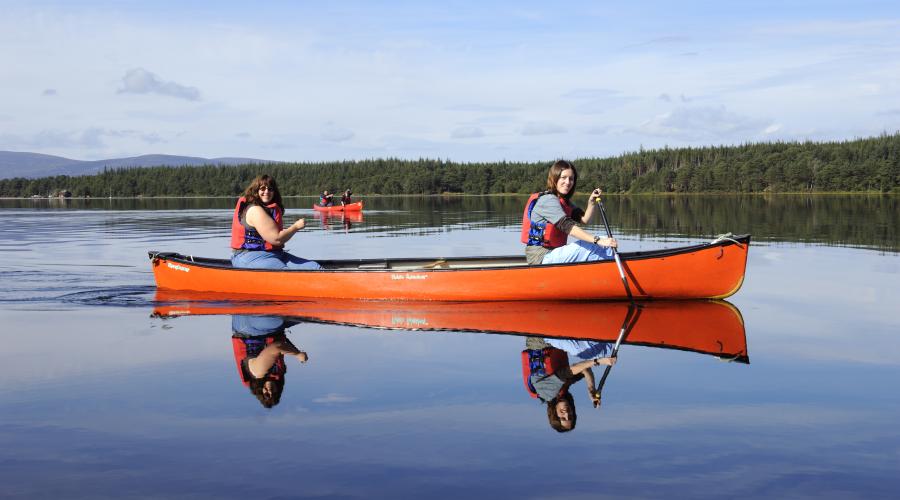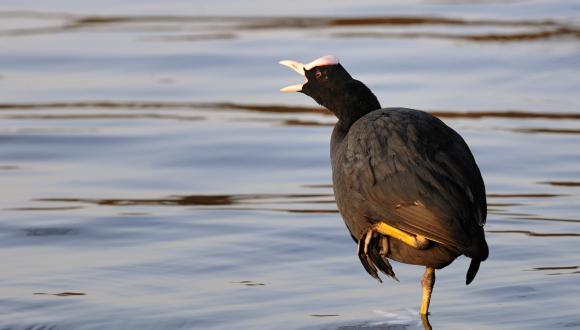
Canoeing, rafting, rowing, sailing
Information about access for non-motorised water-based activities.
Responsible behaviour by the public
The Access Code says:
Access rights extend to non-motorised water-based activities, such as canoeing, rafting, rowing and sailing. Make sure that the river, loch or reservoir is appropriate for your activity and the numbers involved, take care not to interfere unreasonably with other interests and avoid going close to water intakes, abstraction points or spillways.
On some water bodies that are intensively used for a wide range of activities, various management measures, such as zoning and byelaws, may be needed for safety or water quality reasons and to protect the environment. Follow any agreed guidance provided.
Respect the needs of anglers by avoiding nets or other fishing tackle. When close to anglers keep noise and other disturbance to a minimum. On lochs, keep a safe distance from anglers. On rivers or other confined waters, await a signal from the angler or ghillie to proceed if they have a line in the water and follow any suggested route they indicate if safe and practicable to do so.
Take extra care when entering and leaving water to avoid damaging the banks or disturbing wildlife, and use a public slipway if one is close by.
Do not pollute the water.
If you wish to canoe or sail on a loch or reservoir used intensively by a commercial fishery, be aware that this can be very disruptive, may raise safety issues because of the high number of anglers in a relatively small area and may impact on the operation of these businesses. Always talk to the land manager before going onto such water.
Other advice:
You can find further advice on the use of inland water in the publication: Using inland water responsibly: guidance for all water users. including useful hand signals to communicate with fishermen.
Responsible behaviour by land managers
The Access Code says:
Where appropriate, work with your local authority and/or recreation groups to identify suitable parking and launching sites. Where intensive recreational use causes safety, operational or environmental concerns you could work with your local authority and/or recreation groups to determine what management measures might be needed. Wherever possible, if a club or group of users wishes to have a motorised rescue boat present for safety reasons give permission for this.


